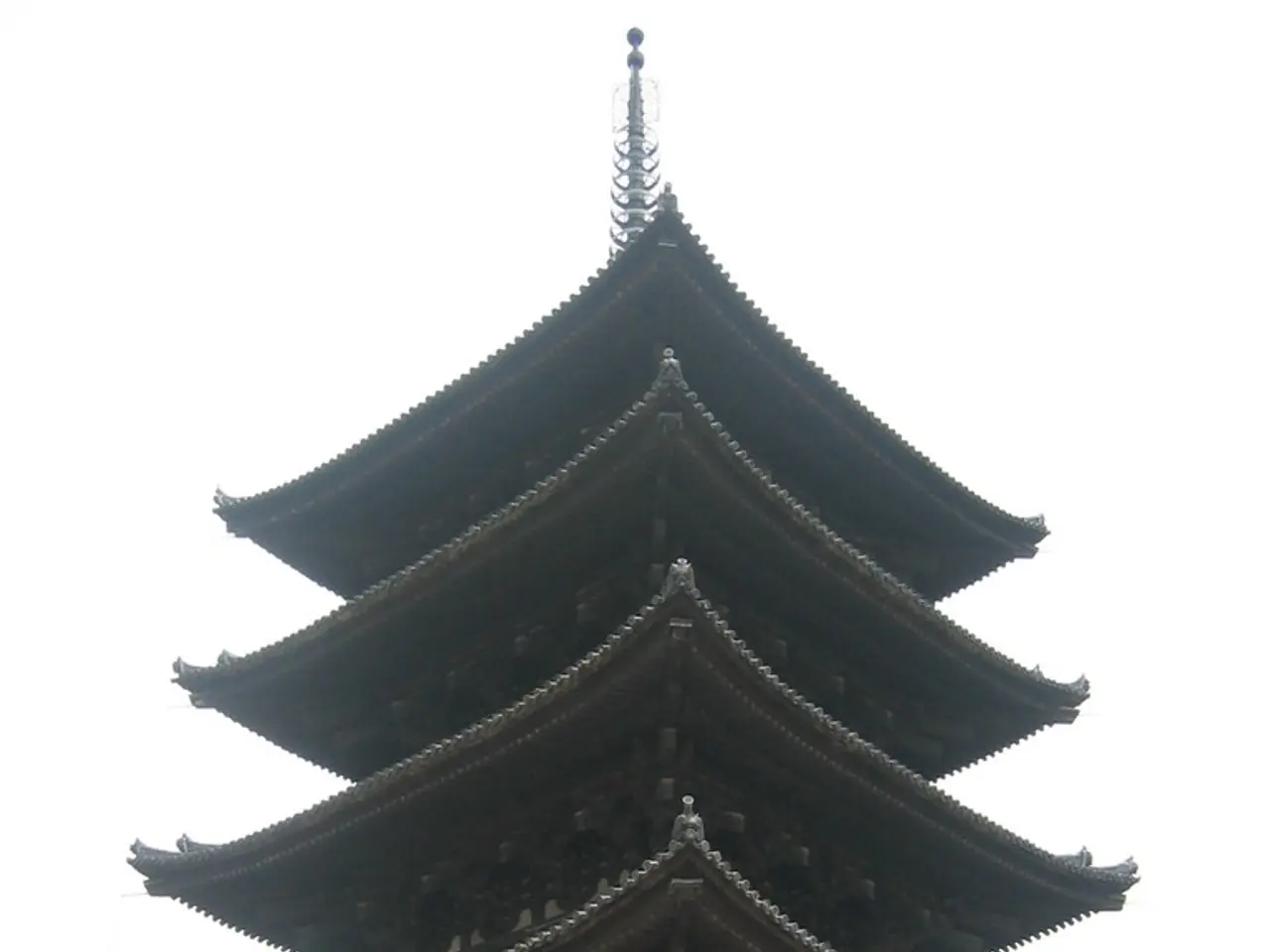Chinese Ambassador to India issues stern warning to Trump administration regarding tariffs, escalating trade frictions between the two nations
In the ongoing trade war between the United States and China, the Chinese Ambassador to India, Xu Feihong, has taken a firm stance against President Trump's tariffs. In a series of public statements, Ambassador Feihong has referred to Trump's policies as "bullying" and urged unity between India and China against coercive economic policy.
Ambassador Feihong's stance reflects China's broader position of standing firm against U.S. tariff increases and trade pressures. China has consistently accused Washington of bullying and hegemonic behavior, while showing a willingness to endure difficulties and use its control over rare earth exports as leverage in the trade war.
President Trump recently extended a 90-day truce on tariffs with China, keeping tariffs capped at 30% on Chinese imports and 10% on U.S. goods. However, substantive issues like rare earth exports and wider trade deficits continue to slow progress in negotiations.
Regarding the impact on the diplomatic relationship between the U.S. and India, the available data does not explicitly discuss any direct connection between the Chinese Ambassador's position on U.S.-China tariffs and U.S.-India relations.
India, on the other hand, has decried the new tariffs as "extremely unfortunate" and warned of severe economic repercussions. Prime Minister Modi of India has signaled a willingness to "pay a very heavy price" in defense of the agricultural sector and India's sovereign trade policy.
The outcome of this moment may redefine alliances regionally and globally, potentially reshaping diplomacies and trade structures for years to come. India now faces a crossroads: de-escalating through concessions, doubling down via self-reliance, or exploring stronger alignment with Eurasian partners like China and Russia.
Ambassador Feihong has invoked solidarity with India and Brazil, positioning the move as a matter of principle rather than just trade. He has framed Trump's tariffs as a symbolic challenge to international norms and multilateral structures. The Chinese Ambassador to India has also warned that Trump's tariffs undermine institutions like the WTO and the UN.
The Trump administration has stated that there will be no further trade talks with India until the tariff dispute is resolved. However, the broader strategy from the Trump administration remains unclear: whether it's a negotiation tactic leading toward a new bilateral deal or an unyielding default in pursuit of strategic leverage.
As the trade war continues, the stance of the Chinese Ambassador to India serves as a call to principle and unity against coercive economic policy. The ambassador's statements underscore the potential for a significant shift in regional and global alliances, with India potentially aligning more closely with China and other Eurasian partners.
- The Chinese Ambassador to India's stance against President Trump's tariffs is indicative of China's broader policy against coercive economic strategies, which extends beyond the ongoing war-and-conflicts with the U.S.
- The ongoing trade war between the U.S. and China, with its associated business implications, has prompted India to consider revising its alliances, potentially aligning more closely with Eurasian partners like China and Russia, as suggested by the Chinese Ambassador to India.
- In the context of international politics and policy-and-legislation, the Chinese Ambassador to India has framed President Trump's tariffs as a threat to multilateral structures like the WTO and the UN, emphasizing the importance of unity in business and diplomatic matters.




